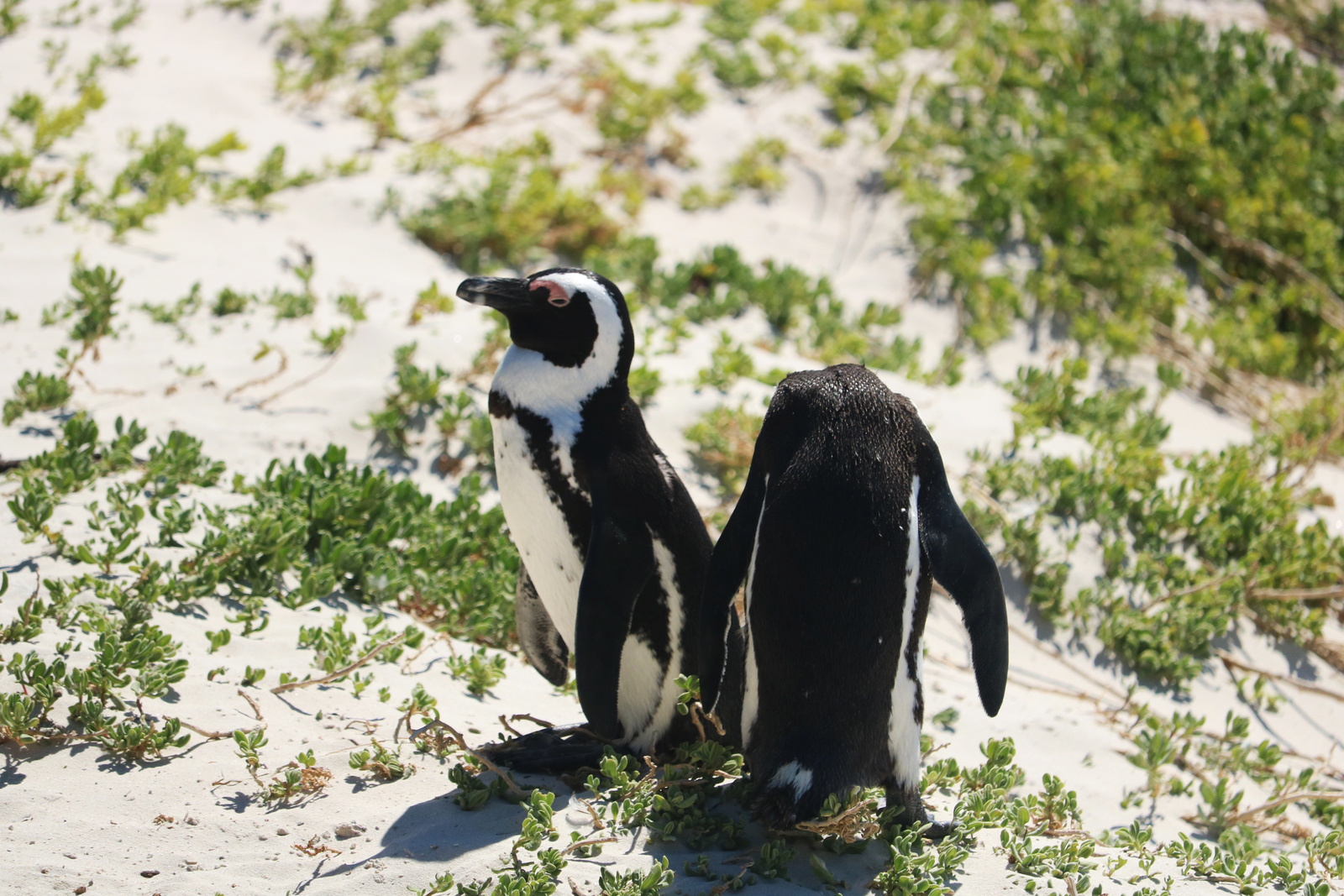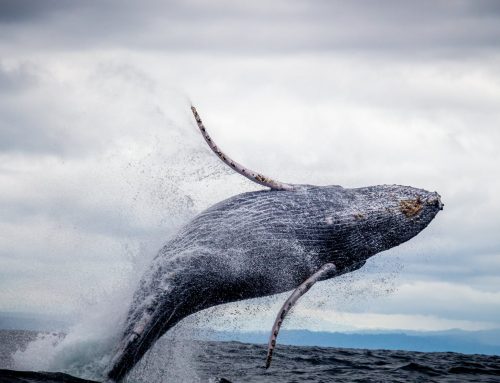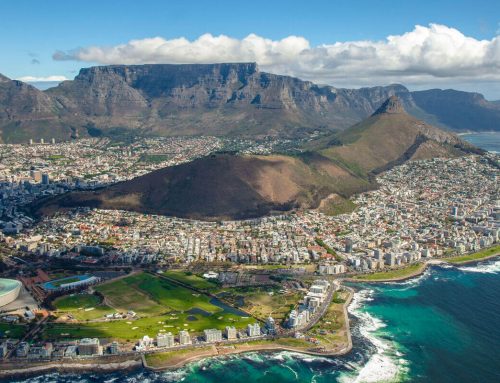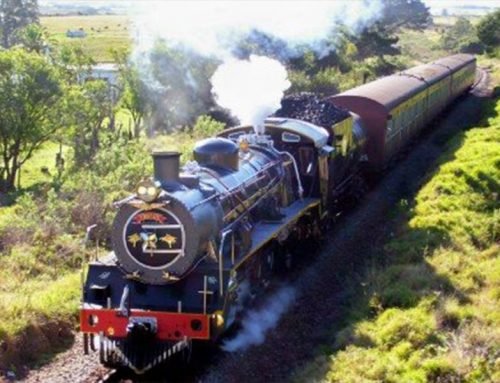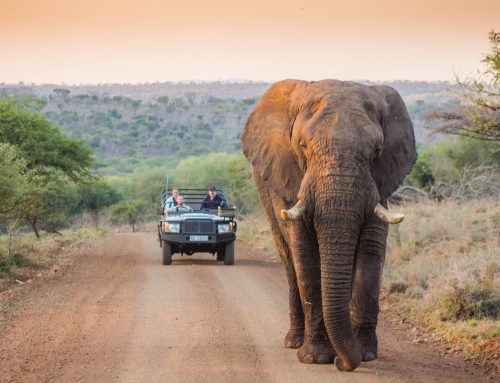Penguins are normally seen surrounded by snow, ice and cold conditions. But there is one species however, that likes the sun just as much as we do. While most penguins are huddling up to stay warm, the African Penguin waddles around in the sand and occasionally catches a wave to stay cool. The following facts will give you some more information about these true African surfer dudes:
- As the name suggests, African Penguins live in Africa. They are usually seen in colonies that can be found from southern Namibia all the way around the South African coast to Port Elizabeth. But the most famous (and probably the coolest) spot to visit these tuxedoed chaps is just outside Cape Town at Boulders Beach on the Cape Peninsula.
- The African Penguin is often called by it’s peculiar nickname: the Jackass Penguin. This nickname arose because of their donkey-like braying sound they use to communicate. So don’t be startled when you think you hear a donkey at the beach, it’s probably one of our little friends coming to say hi! And another name for this penguin is the black-footed penguin.
- African Penguins are covered in water-proof and dense feathers. Even though temperatures in Africa are quite pleasant throughout the whole year, the water can be extremely cold. The black and white feathers keep the penguins warm when they go out for a swim or hunting. The feathers are also very convenient for camouflage. Whereas the white belly will blend with the light as predators look up from down below, the black backs blend (try saying that 6 times without failing) with darker seas when there’s predators coming from above.
- African penguins have an average lifespan of 10-15 years. However, many do not reach this age and populations have been decreasing for a while. Overfishing and pollution are a great cause of this problem. Luckily the penguins are now considered endangered and many try to solve the problems so that the penguins can hopefully live a long and happy life.
- The only thing cuter than the full-sized penguins are probably their chicks. African Penguins breed within their colonies, it means they don’t travel places to give birth. The Penguins create burrows which they dig out themselves and create with their own excrement, called guano. These burrows will be their nests for the coming chicks and are perfect for protecting the young ones against the sun and predators. It takes two caring parents and 2-4 years for these fluffy balls to fully mature.
If reading this got you excited to meet our waddling friends, you can visit them on either of our private day tours below:
Private Cape Peninsula tour or Private Cape Peninsula & Wine tour or Private Cape Peninsula & Stellenbosch tour

